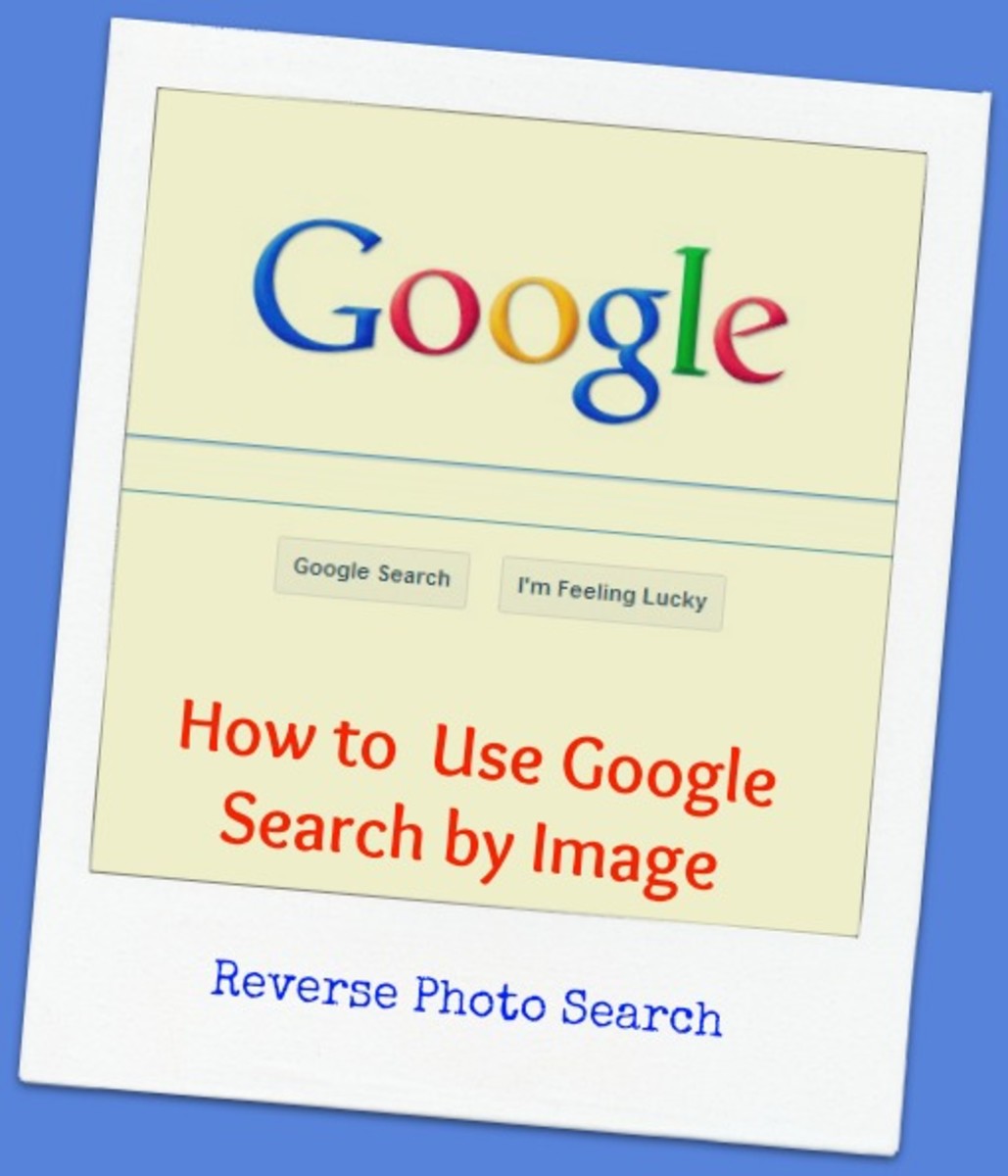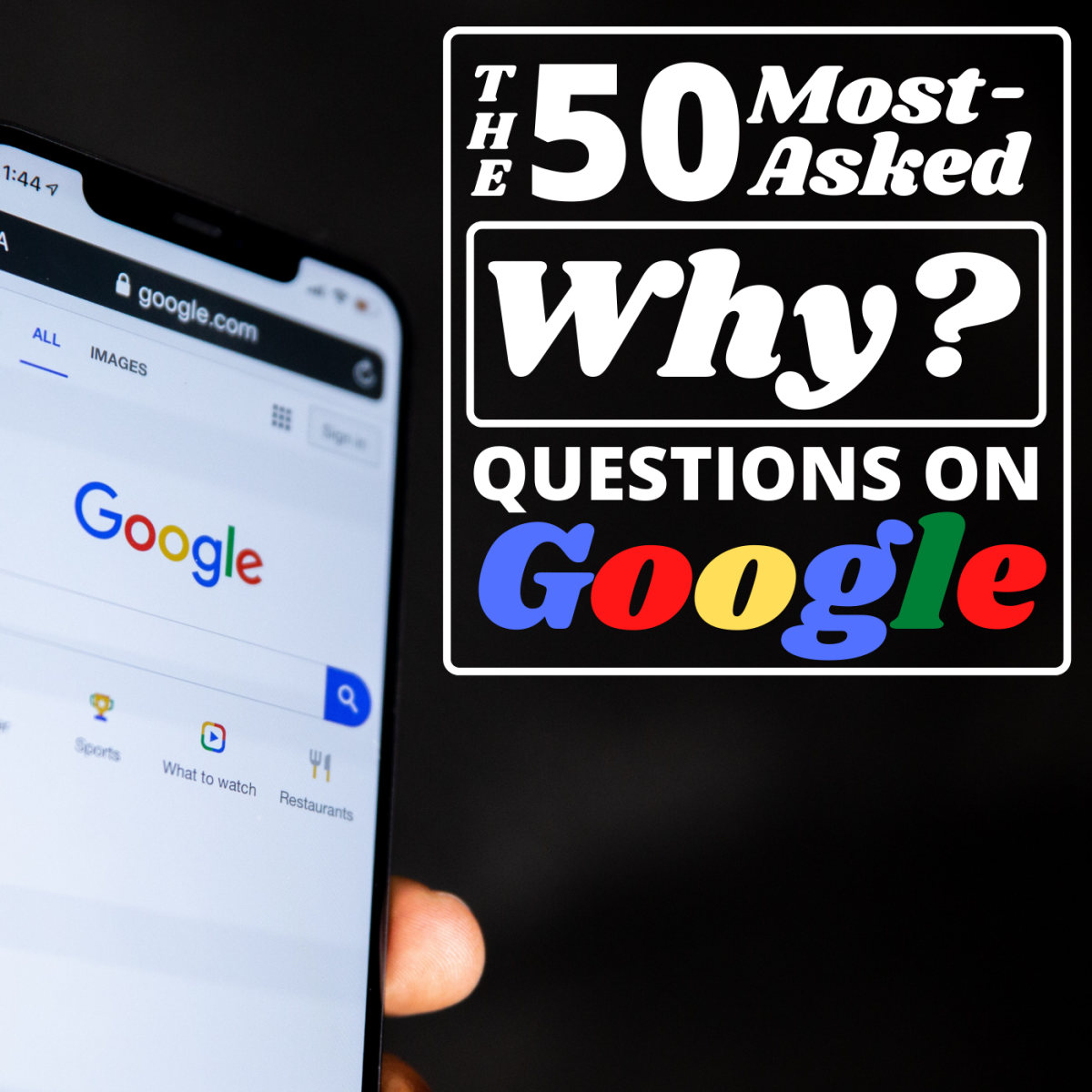12 Useless SEO Tactics You Must Avoid in 2019

Intro
You’ll be surprised to find that a number of SEO tactics that were deemed so effective until a few years back, stand revoked in 2019. Credit goes mainly to Google’s exceptional team that stands by its commitment to make the Web spam-free, safer and more useful for its online community.
If you’ve resorted to blackhat techniques, this will sound like bad news to your ears. However, for the vast majority of online users who still believe in persistent effort and hard work, there cannot be a better time to focus on digital marketing. Updates like Panda simply mean that website owners can no longer get away with spammy and automated means of ranking higher on the SERPs and may even be penalized for engaging in such practices. Google wants to use its resources to reward genuine Internet marketers who strive to deliver superior quality by offering them increased prominence in the search results. In so doing, website visitors, owners and Google all benefit from this new understanding that places utmost emphasis on high quality content and white hat link building practices.
Here are SEO tactics that have been rendered useless in 2019. You’d better stay away from these methods.
Exact Match Domains (EMDs)
EMDs used to be regarded as an effective SEO tactic. People created scores of microsites using exact-match domains to rank quickly on the search engines. You cannot get credit for an exact domain match any longer. In fact, it may even trigger an automated or manual flag for spamming. EMDs are viewed as less trustworthy so they may negatively impact your link building efforts.
Article and Link Directories
Most article and link directories have been rendered useless. The only exceptions are niche-specific and high-quality web directories that have professional editorial guidelines in effect.
Directories were formerly used to categorize websites, making it easier for people to find the resources they needed. However, marketers started exploiting their potential and used software to automate the linking process. This compelled Google to regard such links as low value and even started penalizing websites for such practices.
Article directories went through similar demise. They used to offer high quality content, but the practice was soon replaced with software generated rewrites that were republished to thousands of article directories in one go.
If you’re considering article and link directories as part of your link building strategy, make sure to include only high quality and niche-specific directories.
Reciprocating Links
This is another instance of manipulative linking practice that should be avoided. To make matters worse, the links that you reciprocate are mostly dumped alongside scores of other links, offering no value to the page readers. If you must, reciprocate links with niche-specific blogs only. Whenever possible, strive for a pyramid structure and make it appear natural.
Flat URL Structure
This is a common problem faced by people starting out on WordPress. Flat URL structure, which occurs by default for new WordPress websites, makes it difficult for search engine crawlers to understand the site hierarchy. It treats every page with the same level of importance.
Change the default permalink settings from flat URL structure to nested or faceted URL structure, which clearly describes the importance of every page of your website. Also, publish your blog’s second level pages and associate them with the corresponding blog categories.
In a similar fashion, create third level pages nested under the second level page. In this way, you get to assign authority from the third level pages to the second level ones and so on.
Keyword Stuffing
Swarming your text with keywords isn’t helpful for SEO in 2019. It reflects low quality content and adversely affects your brand image. Besides, search engine crawlers now focus on many other on-page variables besides keywords and may even penalize your site for keyword stuffing.
Irrelevant Guest Blogging
Niche-specific and high quality guest blogging is highly relevant even in 2019. However, publishing low quality guest posts on websites that are not relevant to your blog’s theme may not offer too much link benefits.
Guest blogging is an evolution of the traditional public relations. You get to leverage a larger audience by publishing a guest post on the established publication. Use guest blogging as an opportunity to develop and showcase your finest pieces. Make sure that the content is relevant to the audience of the website you’re posting to. You can use guest blogging to get more exposure and establish your trust and credibility in your niche.
Anchor Text Exact-Match
The clickable part of a link is known as the anchor text. Exact-match anchor texts were once regarded as a major ranking factor. Google has downgraded the importance of exact-match anchor texts. If you think about it, ordinary people who like your content aren’t going to link to it with the exact match anchor text. Strive to achieve variations of the anchor text throughout the link building activity.
Rather than rewarding a page for exact match anchor text, Google emphasizes:
-
the linking website’s relevance to your website
-
the linking website’s authority
-
the number of relevant links pointing to your website from authoritative sources
Paid Links
You might think that you can get away with paid links. It’s only a matter of time before Google unearths the network from which you buy and sell links, and once that happens, Google may come down hard on every website that’s found to be involved with that network. The safest bet is to stay away from paid links.
Having a Separate Page for Each Keyword Variation
This is another irrelevant SEO tactic in 2019. RankBrain, Google’s artificial intelligence system, is capable of understanding a user’s intent behind a query. It allows Google to rank pages for keywords that aren’t even mentioned in the content. For instance, a page on plumbing services may be treated as a good match for terms like plumbing repair even though the page doesn’t use this exact term.
Rather than creating a separate page for every keyword variation, you should make a more comprehensive resource for every topic relating to your niche.
Write Content for Bots, Not People
You’ll frequently come across content that is written for bots, not people. Repeating a keyword phrase over and over, or adding keywords in a manner that the sentence stops making sense are two instances of content that is written for the bots. You should stop producing content that is geared towards bots and instead write for the people who’ll actually buy your products and services.
Interlinked Websites
Creating a number of interlinked websites with the sole purpose of linking to other websites is a spammy practice. It also takes a great deal of time and effort to manage a growing network of minisites. It makes more sense to invest the same resources in developing quality content and publishing it across different authoritative websites with the aim of getting backlinks to your website.
It’s still acceptable to link several legitimate websites that you own though. However, it won’t affect your SEO score too significantly.
Low Quality Content
If you’re serious about your website SEO, then you must avoid crappy content at all costs. Effective SEO is all about creating high quality content. Create content that is accurate, engaging, well-written and robust. Rather than worrying about the word length, make sure that the content is lengthy enough to fully serve its purpose.
Automated Link Building
If you’re still thinking about getting automated links to your website in 2019, then you should probably quit digital marketing altogether. Automated links are obsolete and are a serious violation of Google’s webmaster guidelines. While you can automate several business tasks in 2019, link building isn't one of them.








